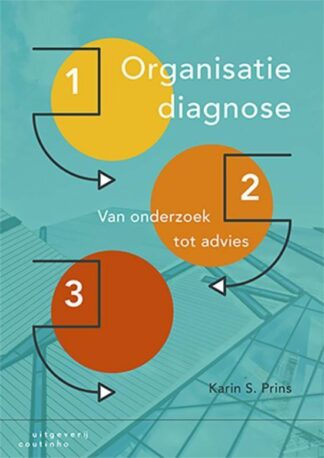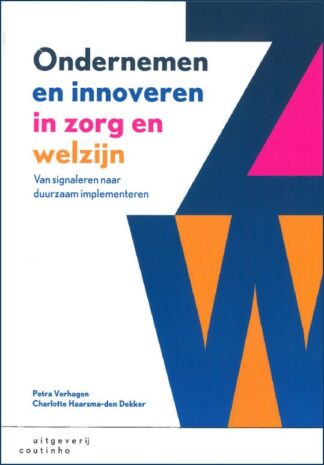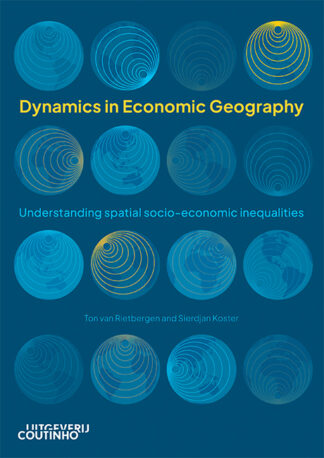Beschrijving
Geen beoordelingsexemplaar aanvragen, maar dit boek gewoon aankopen? Dat kan in onze webwinkel
Global transformations such as globalization and climate change influence the economic fate of people and places very differently. Also, places differ in terms of the opportunities they offer to firms and the people living there. As a result, there are important socio-economic inequalities across space. Economic Geography gives you the tools to understand such inequalities.
The aim of this book is to provide students and other interested readers with an up-to-date introduction to economic geography, applied to the Netherlands and beyond. It provides an overview of what economic geography studies and summarizes and explains its main approaches. As such, the book is broad in scope and it serves as a starting point for more in-depth exploration.
Compared with the third edition, published in 2014, the organization of the chapters has been changed, and the topics addressed have been importantly updated, in the spirit of this age. Globalisation and its opportunities and threats are discussed in a new, separate chapter. A second new chapter questions what economic value is and explains the broad welfare approach alongside the concepts of sustainability and resilience. The outline of what economic geography is and the explanation of its main approaches – the core of the field – have remained.
The book is very suitable for College and university students and teachers in the field of Human Geography and Planning, Built Environment, Sustainable Development, Economics and studies alike.
Ton van Rietbergen studied Social Geography of Developing Countries. After a short period at the Ministry of Foreign Affairs, he has worked as a lecturer-researcher at the Faculty of Geographical Sciences of Utrecht University since 1986. Initially focusing mainly on commuter mobility issues, he wrote dozens of articles about, amongst others, the traffic jam problem and the vast sums of money spent on the express tram to the Uithof. Gradually, he focused more on economic geography and in particular the pros and cons of globalization. He obtained his doctorate in 1999 with a dissertation on the internationalization of the insurance sector, which was soon followed by the publication of the book Internationalisering van de dienstensector (Internationalization of the Service Sector), with Jeroen Bosman and Marc de Smidt. Since 2002 he has been involved in updating and renewing Dynamics in Economic Geography (4th ed., 2023). His other publications include Globalisering: ramp of redding? (Globalization: Disaster or salvation?) (2020) and Alles in Drievoud, a personal account about his triplets, as well as numerous articles in Dutch newspapers, such as de Volkskrant, NRC Handelsblad, Algemeen Dagblad en Trouw.
Sierdjan Koster is Adjunct Professor of Economic Geography and Labour Market Dynamics at the University of Groningen (Faculty of Spatial Sciences). He studies regional socio-economic disparities asking how the spatial decisions of people, firms and government counter or reproduce these. Within this context, a broad scope of interests and research themes has emerged, including regional well-being, political discontent, transport geography, entrepreneurship, migration and regional branding and firms’ perceptions. His PhD dissertation addressed the role of entrepreneurship and spin-off formation in regional economic growth. Teaching is important to Sierdjan and, for over a decade, he has been coordinating the core courses in Economic Geography at both the bachelor’s and master’s level. He is currently head of the Economic Geography department of the Faculty of Spatial Sciences.






